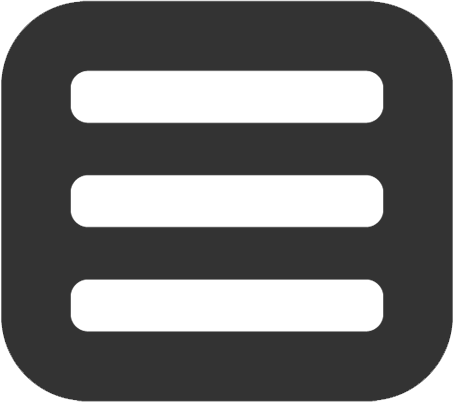OK, let's start with the simplest.
また
また has the meaning of "again." When expressing this meaning, there is a feeling of reluctance contained in it. For example: "また来ます、またね!". "また" also means "in addition". When we read more and more articles, they appear at the end of one paragraph before another paragraph. The "また" here means "in addition..., other" It is used when the previous paragraph has been covered and some content needs to be added.
まだ
This word has different meanings according to the affirmative sentence and the negative sentence. But no matter what it means, the connection of まだ is generally a state of DOING.
Two example sentences: ① "まだ考えています." I'm still taking an exam. ② "まだ仕事の途中です" I am still on the way to work. Through the analysis of these two sentences, when the following is a positive form, "まだ" means "still".
Two more example sentences: ① "まだ决めていません." I haven't decided yet. ② "まだ分かりません." I still don't understand. Through the analysis of these two example sentences, we can also roughly understand that "まだ" means "not yet".
もう
"もう" and "また" have different meanings in affirmative and negative sentences. Because "もう" means already, so in general, the continuation after "もう" is in the past tense. This requires special attention. Example: "もう决めました." "もういい!" "もう三回目だ."
When "もう" is used in a negative sentence, it means "no more". At this time, we need to pay attention. Here, "もう" is followed by future plans, not a state in the past. , So don’t use the past tense. "もう会いません." "私はもう医者じゃないんだ."
There is another usage of "もう", which is the most frequently used usage, which means "addition", "もう一回" "もう少し".

